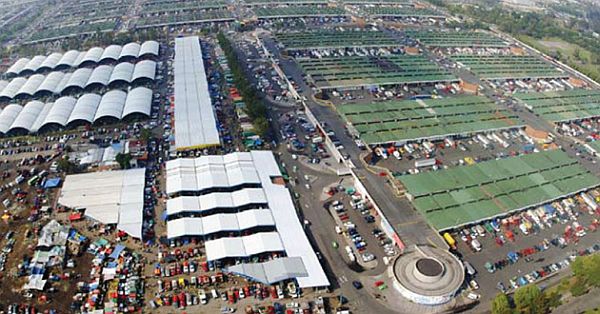Mexico City - National Polytechnic Institute, or IPN, researchers are working on a project to turn the 780 tons of organic waste produced daily at Mexico City's Central de Abasto market into gas and electricity, the university said.
The goal is to reduce pollution, save money and generate electricity sustainably using waste from Latin America's largest market, a complex located on the east side of the Mexican capital.
Organic waste from the market is currently sent to landfills in Mexico state, which surrounds the Federal District and forms part of the Mexico City metropolitan area, and Morelos state. Disposing of the waste burns fossil fuels, contributing to greenhouse gas emissions and global warming, the IPN said.
This organic waste can be used to produce biogas via anaerobic digestion, a process in which microorganisms break down biodegradable material in the absence of oxygen.
Luis Raúl Tovar Gálvez, a specialist at the Interdisciplinary Center for Research and Studies on Environment and Development (Ciecas), explained that the project included a feasibility study as well as the design and generation of an anaerobic digester to treat such waste.
Biogas production, according to IPN estimates, could be used to keep 285,000 tons of organic waste out of landfills annually.
The Instituto Politécnico Nacional (National Polytechnic Institute, IPN) was founded in 1936 on the premise of supporting the country's industrialization and national development process, as well as to offer education opportunities to various social sectors, especially the less favored.
Source: MexicoEnergetico.com.mx


